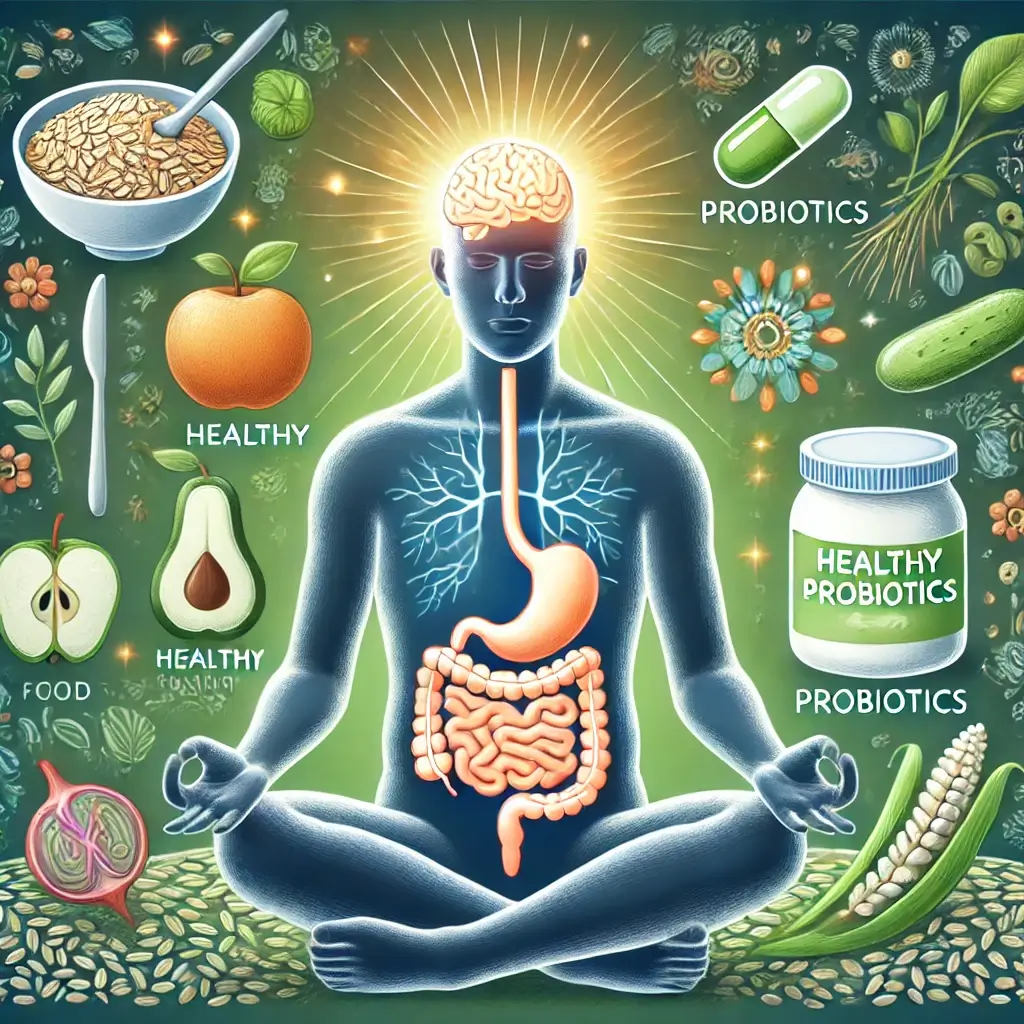Evidence-Based Solutions for Managing IBS Symptoms Effectively
Understanding the Impact of IBS on Daily Life
Irritable Bowel Syndrome (IBS) is not merely a digestive inconvenience; it is a chronic condition that demands ongoing attention and a personalized management approach. Characterized by abdominal pain, bloating, and irregular bowel habits, IBS affects a significant portion of the global population, with symptoms often fluctuating in intensity. The unpredictable nature of the condition can impact not only physical health but also mental well-being, making it essential for individuals to seek comprehensive solutions.
The Complex Nature of IBS Research
Despite its prevalence, IBS remains an enigma in many respects. Its exact causes are not fully understood, but research points to a complex interplay between the gut-brain axis, microbiota imbalances, and dietary triggers. These findings have fueled advancements in both understanding and treating IBS, shifting the focus toward tailored strategies that address its multifactorial nature.
Holistic Approach to IBS Management
This article delves into the key contributors to IBS, presents evidence-based management techniques, and emphasizes the importance of holistic care. By addressing both physical symptoms and psychological aspects, individuals with IBS can achieve sustainable relief and a better quality of life.
The Gut-Brain Connection in IBS
IBS is often classified as a disorder of the gut-brain axis, highlighting the role of neural pathways in symptom manifestation. Stress, anxiety, and depression can disrupt this communication, amplifying gut sensitivity and altering motility patterns. These disruptions often lead to the hallmark symptoms of IBS, such as pain and changes in bowel habits.
Understanding Microbiome’s Role
The gut microbiome, consisting of trillions of bacteria, plays a pivotal role in digestion and immune regulation. Studies indicate that individuals with IBS often have reduced microbial diversity and increased levels of pro-inflammatory bacteria. These imbalances may exacerbate symptoms, particularly bloating and irregular bowel movements.
Impact of Diet on IBS Symptoms
Food is a well-known trigger for IBS symptoms. High-FODMAP foods, rich in fermentable carbohydrates, are common culprits due to their ability to ferment in the gut, causing gas and bloating. Other potential triggers include fatty foods, caffeine, and artificial sweeteners.
Dietary Management Strategies
A low-FODMAP diet has been shown to provide significant relief for IBS patients. By minimizing the intake of fermentable carbohydrates, individuals often experience reduced bloating and discomfort. However, this diet should be implemented under professional guidance to ensure balanced nutrition.
Emotional and Stress Management
Stress management is a cornerstone of IBS care, as psychological factors can significantly influence symptoms. Practices such as cognitive-behavioral therapy (CBT), mindfulness meditation, and yoga have demonstrated effectiveness in improving gut-brain communication and reducing stress-induced symptoms.
Role of Probiotics in Treatment
Probiotics and prebiotics may help restore gut microbial balance and alleviate symptoms. Prebiotics, which feed beneficial bacteria, are another promising area of research. Consultation with a healthcare provider ensures the appropriate selection of supplements.
Medical Interventions for IBS
Medication can be a valuable tool for managing IBS symptoms. Antispasmodics, laxatives, and antidiarrheals provide targeted relief for specific symptoms. Newer treatments, such as bile acid modulators and gut-targeted antibiotics, offer hope for patients with refractory symptoms.
The Value of Comprehensive Care
IBS management requires more than addressing physical symptoms; emotional well-being is equally critical. The chronic nature of IBS can lead to feelings of frustration, anxiety, and depression. Support groups, therapy, and open communication with healthcare providers can help alleviate the emotional burden of living with IBS.
Concluding Insights on IBS Management
IBS is a complex condition, but with the right tools and support, it is manageable. By understanding its underlying mechanisms and adopting personalized strategies for long-term relief, individuals can regain control over their health and improve their quality of life. Continued research into the gut-brain axis, microbiome, and innovative treatments promises even greater advancements, offering hope for those navigating this challenging condition.
References
Böhn, L., Störsrud, S., & Simrén, M. (2015). Nutrient intake in patients with irritable bowel syndrome compared with the general population. Neurogastroenterology & Motility, 27(6), 807–816. https://doi.org/10.1111/nmo.12561
Cheng, L., et al. (2020). Advances in irritable bowel syndrome: Etiology, diagnosis, and treatment. World Journal of Gastroenterology, 26(10), 1243–1262. https://doi.org/10.3748/wjg.v26.i10.1243
Ford, A. C., Harris, L. A., Lacy, B. E., & Quigley, E. M. M. (2020). Systematic review with meta‐analysis: The efficacy of prebiotics, probiotics, synbiotics, and antibiotics in irritable bowel syndrome. Alimentary Pharmacology & Therapeutics, 51(3), 282–299. https://doi.org/10.1111/apt.15659
Ong, D. K., Mitchell, S. B., & Barrett, J. S. (2010). Manipulation of dietary short-chain carbohydrates alters the pattern of gas production and genesis of symptoms in irritable bowel syndrome. Journal of Gastroenterology and Hepatology, 25(8), 1366–1373. https://doi.org/10.1111/j.1440-1746.2010.06370.x
Thursby, E., & Sonnenburg, E. D. (2015). The gut microbiome: Modelling microbial communities in the gut. Microbiology Spectrum, 3(3). https://doi.org/10.1128/microbiolspec.AEM-0001-2014













